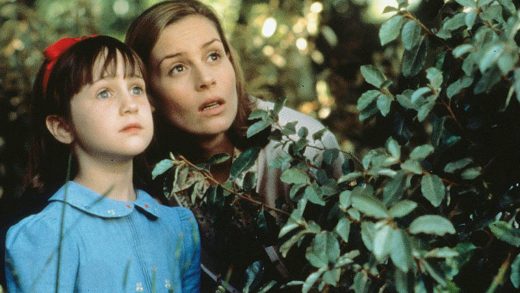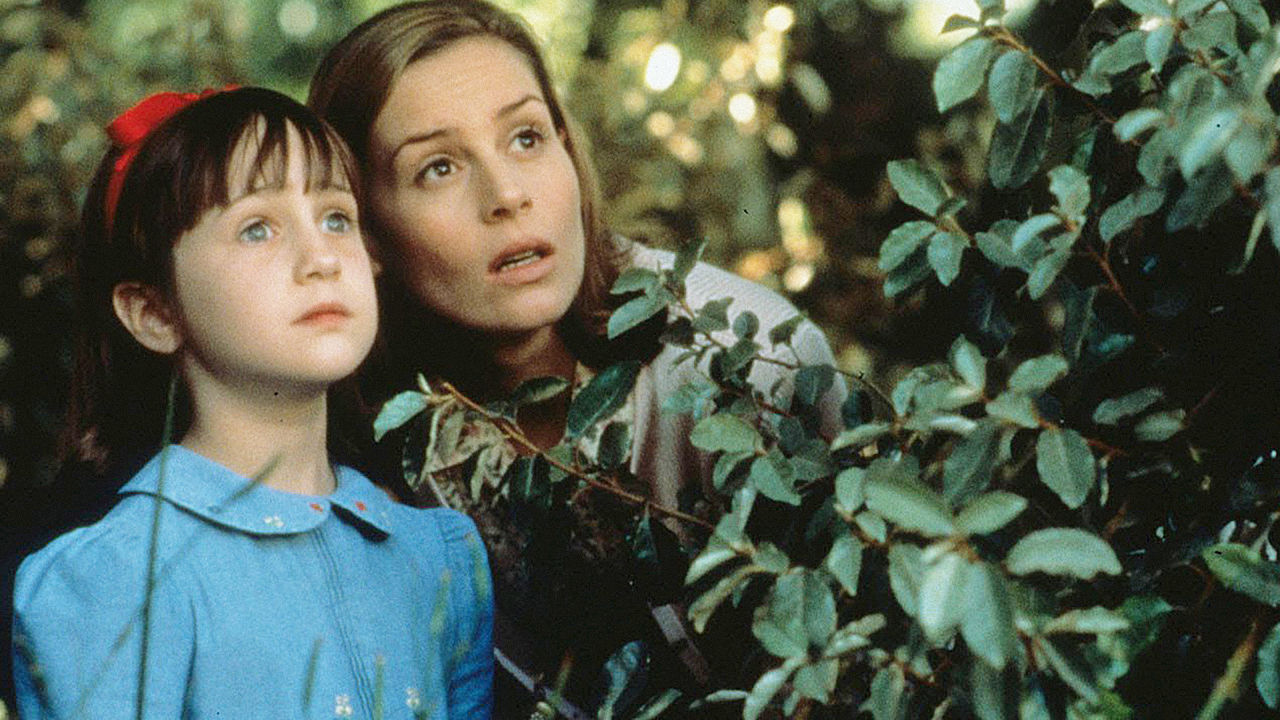Even As A Child Star, Mara Wilson Knew She Wanted To Be A Writer
Every single day, somebody tells Mara Wilson she’s ugly. As a former child star, it’s an unfortunate, inevitable reality. On the positive side, her hard-earned immunity to this kind of abuse has saved some shock in dealing with the internet bristle worms she may attract in her new career as a writer.
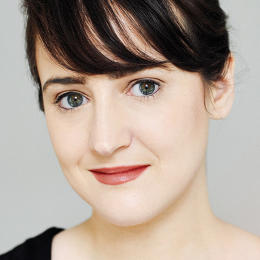
One problem with being incredibly successful incredibly young is that it comes with a crushing, persistent fear of peaking early. In the case of Mara Wilson, that fear proved founded. In the early-’90s, she melted hearts as Robin Williams’s “goddamn kid” in Mrs. Doubtfire, and etched an eternal portrait of pluck and poise as Roald Dahl’s Matilda. A few years later, though, she was out of the business, for a varied list of complex reasons. But being incredibly successful incredibly young doesn’t mean you’re only allowed to succeed at one thing forever. With her first book, Where Am I Now?: True Stories of Girlhood and Accidental Fame, Wilson seems less like a former child star-turned-writer than a writer who once had an acting phase.
Now at age 29, Wilson is an essayist, a comedy writer, a live storyteller with a recurring show in New York, and a sharp, widely beloved Twitterer. Years ago, she’d been alternately writing a young adult novel and working on a screenplay when she took a break to write a piece for Cracked. That piece, “7 Reasons Child Stars Go Crazy,” ultimately racked up over 4 million views online. It also attracted the attention of a number of publishers, who realized not only did Wilson have a story to tell, she had an elegant way of telling it.
With Where Am I Now?, the former actress makes good on that promise. The book details, in a series of essays, what it’s like to go through your awkward phase under the glare of the public eye, and what happens when people confuse you with your most famous character for years afterward. There’s also the revelation that even as a young girl on the set of Miracle on 34th Street, she was already something of a storyteller. On the eve of her debut memoir’s release, Wilson spoke to Co.Create about how she went from that point to realizing a full-on career shift into writing.
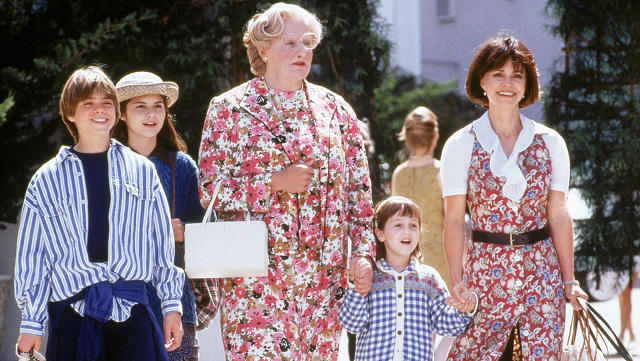
Awakening As a Writer
“Writing was always my secret desire. It was always something that in the back of my head I wanted to do,” Wilson says. “I wrote a lot of stories on the sets of movies. On Matilda, I wrote several. I feel like my internal monologue kind of shifted based on whatever I was reading at the time, so when I was reading a lot of middle-grade stuff my internal monologue was me being like ‘I did this today and I really hope I can do this.’ Sort of this Beverly Cleary thing that I was reading. But when I was reading scripts all the time, I started thinking in dialogue. I think it wasn’t really until college that it sort of crystallized. I knew I wanted to study theater, so I took a playwriting class and also a class that was basically, you have 10 minutes to do whatever you wanted on stage. And that was when I thought, hey, maybe I can actually do this.”
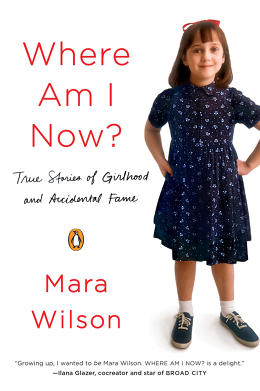
Becoming a “Former” Child Star
“I was probably in late high school when those ‘Where Are They Now?’ posts started,” Wilson says. “It would happen on websites I would read, and I would have a panic attack because like, oh god, what do they know about me? Turns out they didn’t really know very much about me at all. It took me a while to realize this but Matilda really did mean something to a generation of girls. They were trying to figure it out and some of them were like, ‘Oh, she’s so ugly, she can’t get a job anymore, she lost confidence, she became depressed because of her mother dying,’ all of which I guess are kind of true in a way. I look back now on [an early blog post she wrote addressing whether she still acts] and I think that the frustration I had at that time really comes through. I think that it did come out of wanting to sort of claim my narrative. And I don’t think I had totally made peace with having played Matilda at that point.”
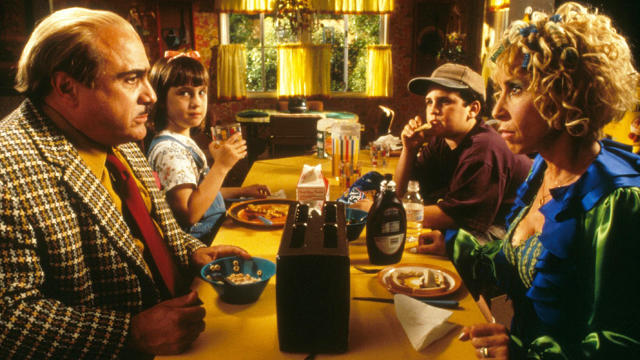
Getting Creative Confidence In a New Field
“My parents tried so hard to keep me normal, but I think entitlement finds a way to creep in,” Wilson says. “I had the experience lots of kids in the ‘gifted’ program have: You believe that you’re smart and talented because you’re told you’re smart and talented, but then when you mess up, you’re terrified because you feel like it’s going to take away your smarts and talent. I sort of had that to an extreme and I think I took it for granted while at the same time never fully believing it. But all that stuff is like air into a balloon, and that air can be let out at any time. Grandiosity doesn’t last. So it was very hard for me because I was very afraid for a very long time to make mistakes, and I wish that I had realized that it was okay to make mistakes, that not everybody was watching me all the time, that I could embarrass myself and it would be okay. It was something I definitely learned in high school and in college with writing and with theater—to take risks and embarrass yourself in front of people. You have to fail in order to succeed.”
Rejection As An Actor Vs. Rejection As a Writer
“The thing about rejection with writing is that ideas are infinite,” Wilson says. “You have this renewable resource, your mind, and even if an idea doesn’t work one way, you can always change it another way. I don’t like the phrase ‘kill your darlings.’ I prefer instead something like ‘give your darling a haircut.’ It’s just about getting through to the true heart of what you’re writing actually is. But with acting, your body is finite and your looks are finite. There is only so much you can do to change your appearance, and there are so many people out there who are just like you. I always say that Hollywood isn’t immoral but it’s amoral. It sees people as numbers.
If I were to keep acting right now, there are tons of much cuter, much better at singing, much better acting, petite, curvy, brunette, Jewish actresses. I know them and a lot of them go on to amazing things, like Rachel Bloom. But I remember thinking like, ‘Oh yeah, I really am just kind of another face to them.’ It’s hard to feel personally rejected over and over again. It’s not a rejection of what you do, it’s a rejection of what you are, or at least that’s how it feels.”
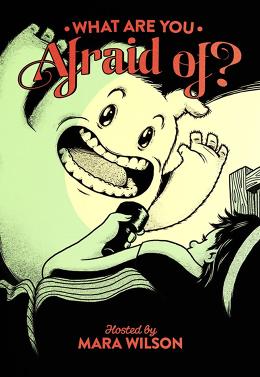
Using Satire To Branch Out
“Reductress has been a great outlet for me,” Wilson says of the popular satirical women-centric website. “It’s definitely been a great place to practice comedy writing, to learn to knock things out quickly, to be given these topics and not get too attached to pitches because you have to submit 10 at a time. It’s also been a great way to figure out which ideas you have are actually funny. You have so many ideas all the time, but it’s been a lesson in listening to which ideas will actually work. And I’ve gotten to write about fetishes and long-distance relationships and all kinds of things that people would probably be uncomfortable with me writing about or talking about. Writing these kinds of things as like a third person, its definitely been a learning experience.”
Becoming a Live Storyteller
“Live audiences are unforgiving sometimes, which is what makes it so exciting, because you’re directly connected with them; whereas with film you are not,” Wilson says. “It’s scary but that’s what makes it fun—the risk. Also, as a writer, it’s amazing to be able to sort of throw those things out there onstage and see what an audience responds to. I told a lot of these stories at shows along the way. Live storytelling is fast, it’s quick, you have to go from the beginning to the end. And you also learn what the difference is between an anecdote and a story. An anecdote is an interesting or funny thing that happened, but a story involves a change. You need a change.”
Fast Company , Read Full Story
(41)

